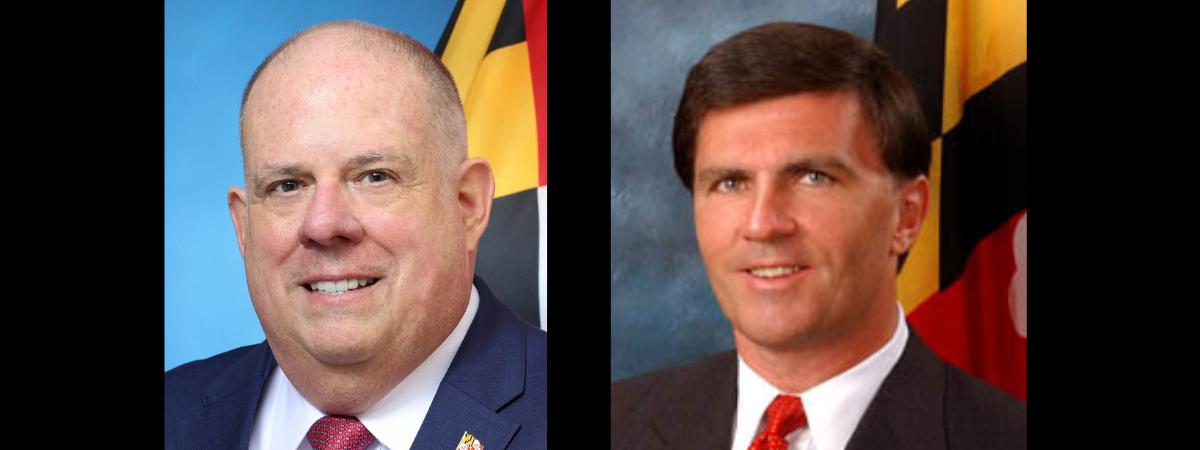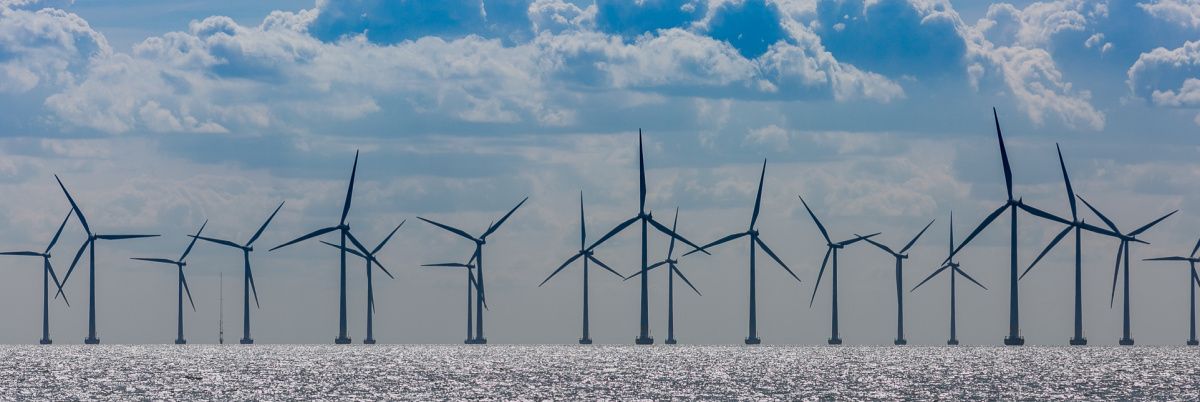The First Round of Democratic Debates, Part 2
New Title
(Part 1 of this series can be found here.)
The candidates’ answers to questions on climate change did indicate some differences in policy, however, in general, there was little time for expression of any deep policy proposals on this complex issue. All the candidates did agree that climate change is real, caused by human action, and that it is a major threat to every human being on earth. Several candidates supported the Green New Deal. These included Sen. Booker, Mayor DeBlasio, Sen. Gillibrand, Gov. Jay Inslee, Sen. Sanders, Sen. Warren and Marianne Williamson. Incidentally, they have also committed not to accept contributions from fossil fuel companies. Booker said that he would rejoin the Paris Agreement on his first day in office and put a moratorium on further oil drilling. Vice-President Biden did not express approval of the Green New Deal and has suggested what he calls a “middle-ground” approach to the climate crisis. He also didn’t pledge to refuse money from fossil fuel companies. Warren’s plan deals with protecting public lands, promoting green manufacturing, and reducing the dependence of the military on fossil fuels. Sanders, as might be expected, identified capitalism as the root of the problem, that is, an economic system that relies on continuous growth to sustain itself, while resources are limited.
Regarding the growth of tech giants like Amazon and Google, most of the candidates expressed a high degree of concern. Warren took a strong position on breaking up the tech giants. Julian Castro stated that such companies should be more “scrutinized” as should any potential mergers in other areas as well, such as agribusiness. Rep. Swalwell stated that the antitrust division of the Dept. of Justice “could be better used.” Inslee took a similar stance, stating that antitrust laws have to be enforced. Rep. Ryan stated that the tech companies should be held to greater standards of privacy. Sen. Harris also emphasized maintaining privacy. Sen. Klobuchar spoke of the need to tackle the “spreading problem of monopolies” in order to protect capitalism. DeBlasio went so far as to state that the tech companies “were part of what broke down our democracy.” In a similar vein, Mayor Buttigieg stated that monopoly power “diminishes our freedom.”
The first round of debates should be helpful to voters. The moderators chosen by MSNBC were, on the whole, wisely chosen and for the most part did a good job of holding the candidates to the time limit and the questions. Most of the candidates widely agreed on the issues, but that should, perhaps, be expected. Viewers should have easily identified the candidates’ positions. It is true that some of the candidates did not have the opportunity to respond to every question and that was a serious drawback. Spreading the debate over three nights might have been better; but would the public have tuned in for all three? The commercial interruptions were irritating. The network should have aired the debates in the public interest, without ads. The number of candidates will likely diminish for the next round, and that should insure that each candidate has opportunity to respond to all questions.
Common Sense for the Eastern Shore








